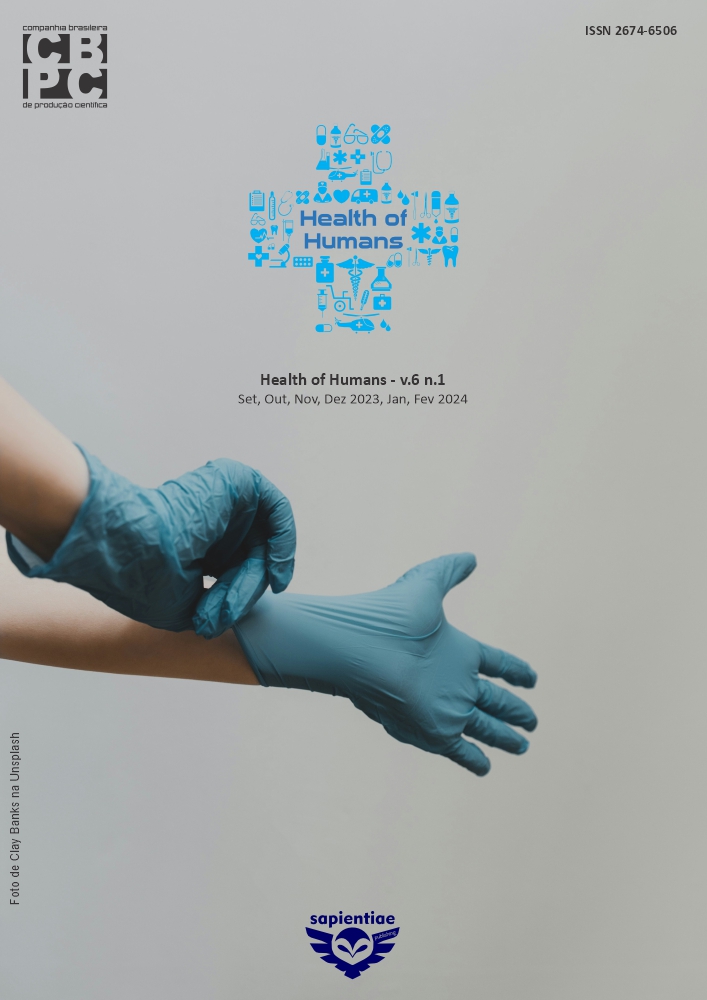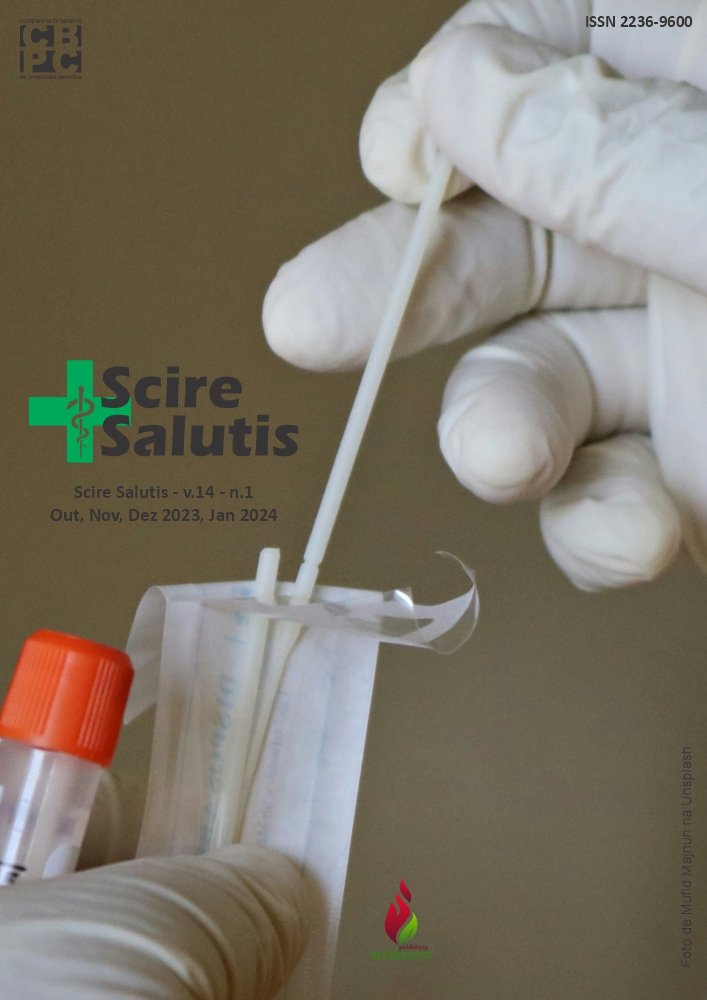Use of botulinum toxin in facial esthetics: benefits and complications
DOI:
https://doi.org/10.6008/CBPC2674-6484.2021.001.0002Keywords:
Botulinum Toxin, Complications, Aesthetics, BenefitsAbstract
Botulinum Toxin is a substance that shows a constant growth in our society. Representing being an ally in the constant search for the beauty and rejuvenation of the world. This subject was chosen due to its popularity today, the curiosity that the substance arouses because its effects are practically immediate and the care about the consequences of its application. Botulinum toxin has become one of the most popular injectable procedures worldwide, considered a minimally invasive technique, applied intramuscularly that prevents aging, in which it stands out with the paralysis of dynamic wrinkles. The application of botulinum toxin raises risks and provides for increased care in its execution, due to several complications that are mostly transient, such as eyelid ptosis, edema, erythema and others, which arise due to errors related to the product or in the technique of application. It has satisfactory clinical efficacy, since repeated applications can lead to the limitation of these effects by immunization in some cases. The adverse effects reported are not very severe and are related to the inflammatory reaction of the application or the inactivation of the toxin. The present work aims to elucidate the constant care in the application of this toxin, in order to minimize the episodes of possible complications.
Downloads
Published
Issue
Section
License
The CBPC - Companhia Brasileira de Produção Científica (Brazil CNPJ: 11.221.422/0001-03) the material rights of the published works. The rights relate to the publication of the work anywhere in the world, including rights to renewals, expansions and dissemination of the contribution, as well as other subsidiary rights. All electronically published works may subsequently be published in printed collections under the coordination of this company and / or its partners. The authors preserve the copyright, but are not allowed to publish the contribution in another medium, printed or digital, in Portuguese or in translation.








